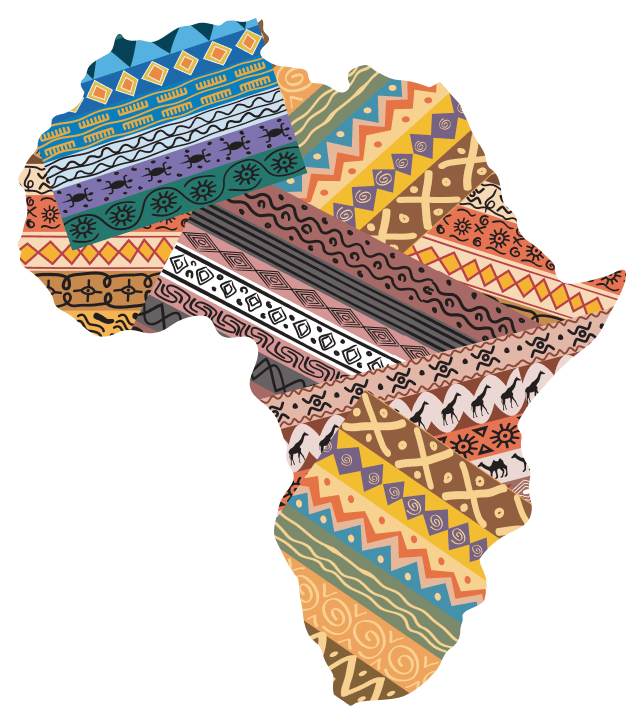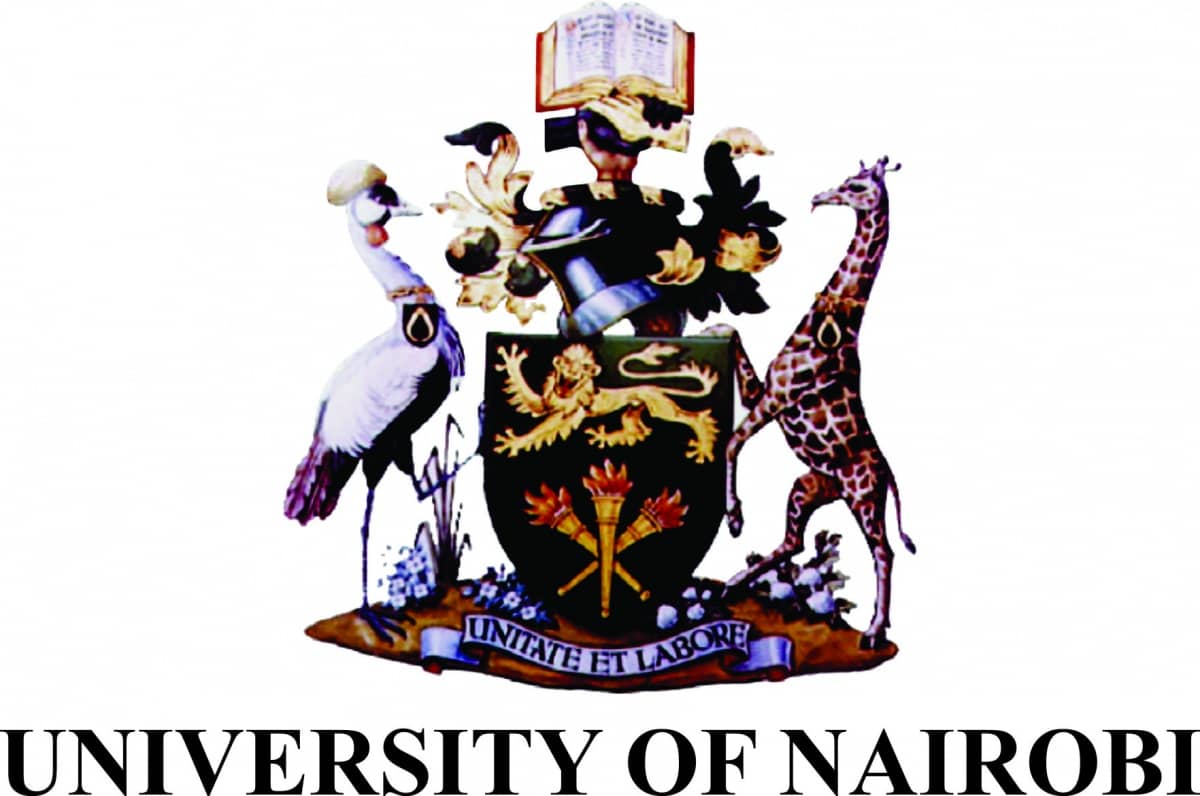Institution
University of Nairobi
Location
- Online
- On-site: Centre for Translation and Interpretation
Qualification
Diploma in Community Interpreting
Study Mode
E-learning blended learning, online and Part Time
Duration
2 years
Course overview
Our program offers intensive training in both theory and practice, with a strong focus on hands-on experience to develop the professional skills of future translators and interpreters.
Whether you’re looking to start a career or enhance your existing expertise, our courses are designed to prepare you for real-world roles in Language Service Provision, helping address the growing demand for trained language professionals in the industry.
Admissions are open to all candidates who meet the minimum entry requirements for their chosen programme.
Fees and funding
- Students’ Scholarships for the refugees and other underprivileged persons
- Self-sponsorship
- Other Fundings
Career opportunities
Upon completion of the Diploma in Community Interpreting graduates can pursue careers as Community Interpreters. These may include work as staff interpreters, freelance interpreters, court interpreters and other individuals interested in acquiring or furthering their academic or career objectives in interpreting.
Entry requirements
The common admission regulations governing diploma courses at the University of Nairobi shall apply.
The entry requirements for the Diploma in Community Interpreting shall be:
- KCSE Mean Grade C- (minus) and C plain in English or Kiswahili; or
- KCSE mean grade C- (minus) and a certificate in any field from a recognized post-secondary institution; or
- KCE Division III and a certificate in any field from a recognized post-secondary institution; or
- KACE 1 principal pass; or
University degree in any field from a recognized institution; or - Equivalents of the above qualifications
- Competence in English, one other UN or an African language, offered at the Centre for Translation and Interpretation, will be confirmed through an aptitude test administered at the Centre.
Teaching and learning
Diploma students will take 12 course units which are comprised of 11 taught units and a project.
To be awarded the Diploma, a student shall pass all the course units offered.
Learning environment
The programme shall be offered through face-to-face and Open, Distance and e-Learning (ODeL) modes.
Face-to-face
- This mode will include lectures, class discussions, seminar presentations, tutorials, video demonstrations, assignments, workshops, tutorials and, especially, practice-based classes.
- Learners will attend scheduled lectures at specified venues of the University of Nairobi.
- Learners will attend practical translation sessions at approved scheduled venues.
Open, Distance and e-Learning (ODeL)
- This will include open and distance learning modes involving largely ‘home’ study or any other place of learner’s choice.
- It will involve well prepared self-instructional print or electronic modules as well as online learning.
- Limited face-to-face sessions will be provided for tutorials and examinations at the University of Nairobi regional learning or study support centres.
- Mediated electronic study materials will be provided to support or enhance learning.
Assesments
For Diploma the pass mark for each course unit shall be 40% and graded as follows:
- 70 – 100% A
- 60 – 69% B
- 50 – 59% C
- 40 – 49% D
- Below 40% Fail
Application process
Step 1: Visit the application website http://application.uonbi.ac.ke
Step 2: Registration and Creation of user account. To register, you need a valid email address which will be validated during the registration process through an activation link that will be sent to your email address. Every applicant must create their own personal user account.
Step 3: Profile Management. Key in your personal details.
Step 4: Uploading of Testimonials. Upload scanned copies of academic certificates and a passport photograph. Only when your profile and documents are complete can you apply for the program you wish to undertake.
Step 5: Program Selection. Select and apply for the course you are interested in studying. You will be issued a REFERENCE NUMBER and directed to pay the prescribed application fee.
Step 6: Payment of Application Fees. Pay the application fees using:
- Credit/Debit Card
- Mpesa paybill
- Direct cash
deposit at any KCB branch.
Upon payment, you will receive a confirmation of the payment on email address and phone registered in step 2.
Step 7: Application Tracking. Track the status of your application online through the system. Status alerts will be sent to your registered email address and phone number.


